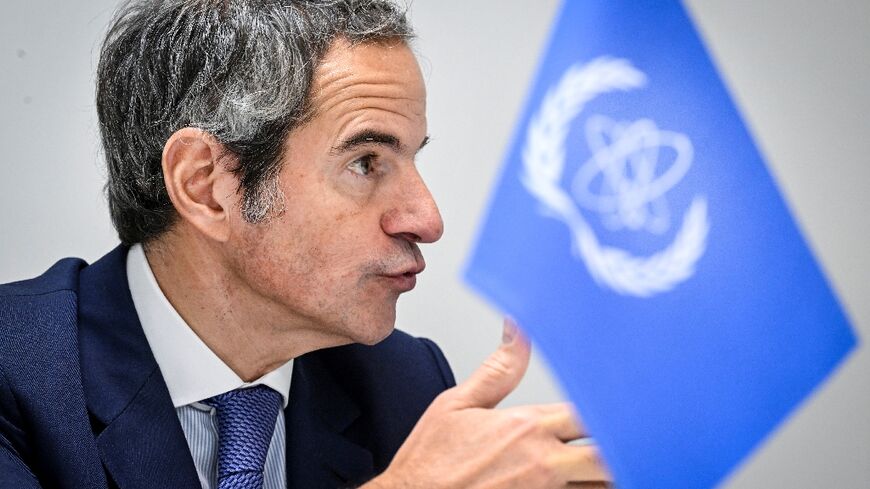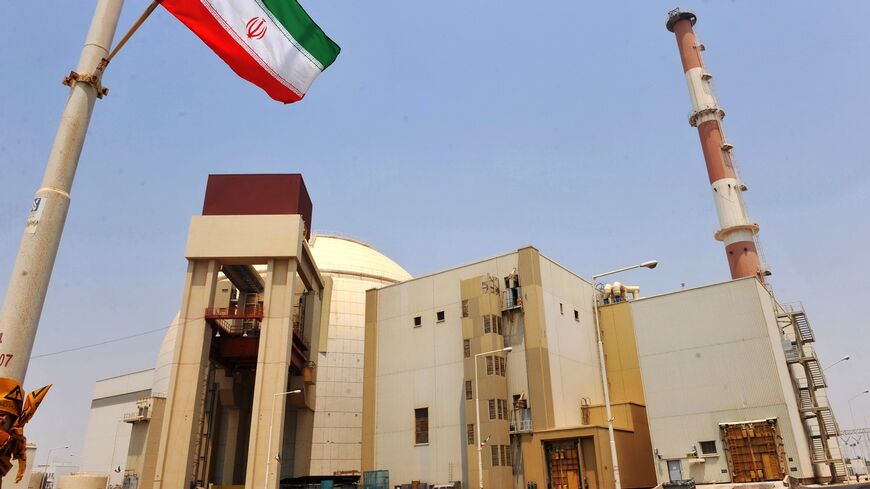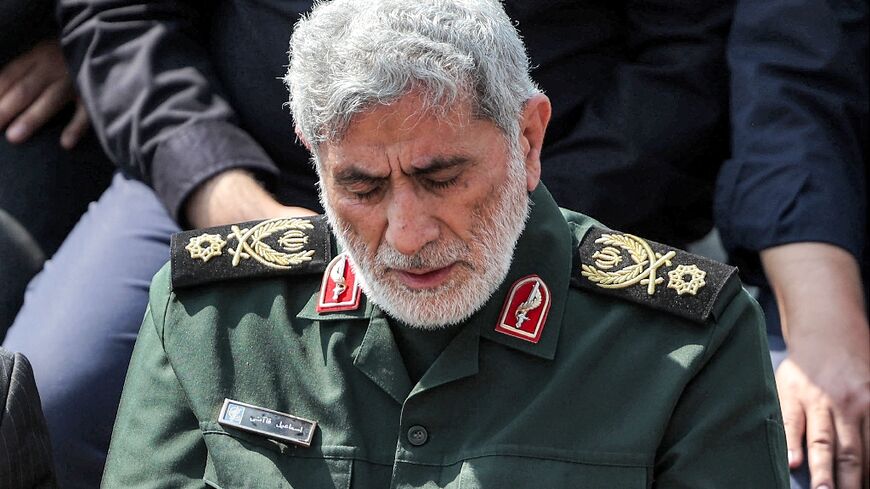Israeli retaliation threat sparks call in Iran for nuclear weapons
With the prospect of Israeli retaliation for Iran's missile attack looming, some Iranian hardliners want their government to revise its nuclear doctrine to pursue atomic weapons.
Israel has vowed to launch a "deadly, precise, and surprising" attack on Iran in retaliation for its second-ever direct strike on Israeli territory.
On October 1, Iran launched 200 missiles on Israel, in what it said was retaliation for the killing of Tehran-backed militant leaders and a general from Iran's Revolutionary Guards.
More than three dozen hardline lawmakers have submitted a letter to Iran's top security body, the Supreme National Security Council, urging it to revisit the Islamic republic's nuclear doctrine, local media said on Wednesday.
The parliamentarians also called on supreme leader Ayatollah Ali Khamenei, who wields ultimate authority in Iran, to reconsider his long-standing religious edict or fatwa banning nuclear weapons.
"Today, neither the international organisations nor... European countries or America can control the Zionist regime which commits crimes at will," lawmaker Hassan Ali Akhalghi Amiri said, citing this as his reason for supporting the call.
Another lawmaker, Mohammad Reza Sabaghian, said "building nuclear weapons is Iran's option to create deterrence", according to the Ham Mihan daily.
On Tuesday, state media reported that parliament had received a bill on "the expansion of the country's nuclear industry", without elaborating.
The Islamic republic has maintained its policy against acquiring nuclear weapons, insisting its nuclear activities were entirely peaceful.
- 'Red line' -
Iran has been drawn into the wars in Gaza and Lebanon, with Tehran-backed Hamas and Hezbollah militants on the front lines of two wars with Israel.
The Gaza war erupted in October last year, after Hamas launched an unprecedented attack on Israel that resulted in the deaths of 1,206 people, mostly civilians, according to an AFP tally based on official Israeli figures.
Iran-backed Huthi rebels in Yemen have also staged attacks in support of its ally in Gaza, while Israel has also been accused of conducting strikes on Syria, another Tehran ally.
On September 27, an Israeli air strike on Hezbollah's south Beirut stronghold killed the group's chief Hassan Nasrallah, just over two months after the killing in Tehran of Hamas political leader Ismail Haniyeh.
Following Iran's missile attack on October 1, Israel said it would hit back.
"Our attack in Iran will be deadly, precise and surprising," Israel's Defence Minister Yoav Gallant said on Wednesday. "Those who try to harm the State of Israel will pay a price."
US President Joe Biden has cautioned Israel against attempting to target Iran's nuclear facilities, which would risk major retaliation, and opposed striking oil installations.
Iran has warned that any attack on its "infrastructure" would provoke an "even stronger response", while Revolutionary Guards General Rassul Sanairad has said an attack on nuclear or energy sites would cross a "red line".
- Message to the West -
Iranian political commentator Maziar Khosravi said the lawmakers' letter is "rather a strong message addressed to Western supporters" of Israel "so that they try to control" it.
Ultimately, he said, any decision to change Iran's nuclear policy would rest with the supreme leader, and "is not linked to the will of the MPs".
It is far from the first time that Iran has seen debate over whether it should revisit its nuclear doctrine.
Shortly after Iran's first-ever direct attack on Israel in April, Kamal Kharazi, an adviser to Khamenei, said the Islamic republic was not pursuing nuclear weapons.
But "if Israel dares to threaten Iran with a nuclear weapon, we may reconsider our nuclear doctrine", he said in an interview with Al Jazeera at the time.
For Khosravi, it remains unlikely for Iran to change its doctrine in the meantime.
But "if Israel attacks the nuclear facilities, what seems likely to me at this stage is the withdrawal of Iran from the NPT", he said, referring to the United Nations treaty on the Non-Proliferation of Nuclear weapons.
Iran's President Masoud Pezeshkian who took office in July has sought to revive a landmark 2015 nuclear deal to ease the country's isolation and offset the economic impact of US sanctions.
The deal granted Iran sanctions relief in return for accepting curbs and monitoring that were designed to ensure it could not develop an atomic weapon covertly -- a goal Iran has always denied having.
The accord has been hanging by a thread since the United States, under then-president Donald Trump, unilaterally withdrew from it in 2018.
Since the collapse of the deal, Iran has suspended its compliance with caps on nuclear activities.
"We want to tell the world that we are not after a nuclear bomb," said Pezeshkian in an interview with CNN in New York last month.
"We want a world free of nuclear weapons and the region of Middle East free of WMDs (Weapons of Mass Destruction) without any preconditions!" he said at last month's gathering of world leaders at the UN General Assembly.





